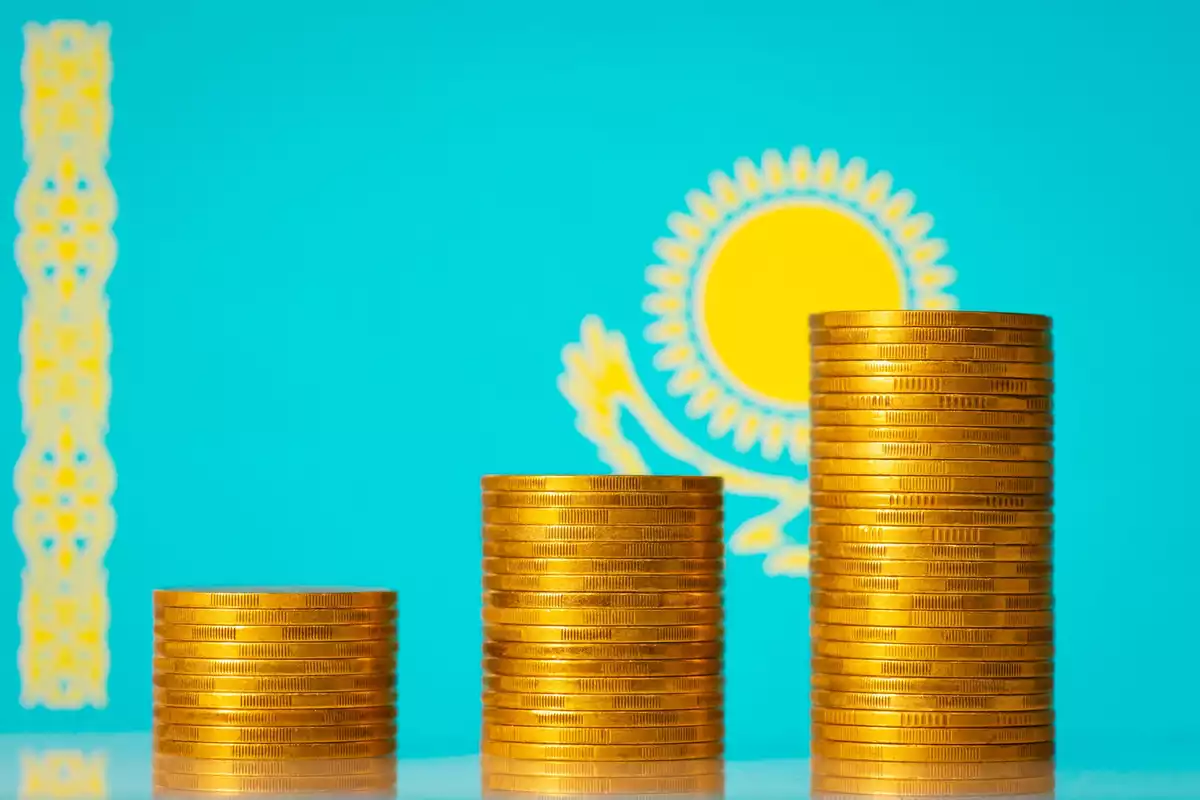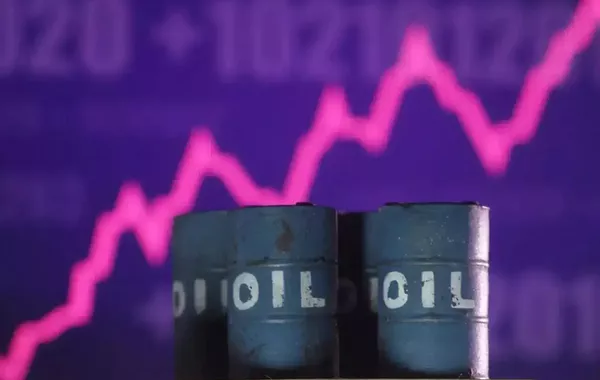
Photo: timesca.com
Kazakhstan’s economy has recently weathered a series of external market shocks.
While the suspension of U.S. reciprocal tariffs by President Trump represents a positive development, its direct impact on Kazakhstan is minimal, as the 27% tariff applied to only a minor segment (4.8%) of the nation’s exports and excluded key commodities such as oil, uranium, and silver. Kazakhstan is still subject to the universal baseline rate of 10%, The Caspian Post reports citing The Times of Central Asia.
However, the broader improvement in global market dynamics, spurred by increased demand for commodities that Kazakhstan predominantly produces, has provided a substantial boon to the country’s economic prospects. This shift underscores a more favorable outlook for Kazakhstan, with rising global demand aligning closely with its resource-driven economy.
On April 9, oil prices, in particular, rebounded strongly after hitting a four-year low earlier in the day. Brent crude rose by 4.23% to $65.48 per barrel.
Similar trends were observed in other key commodities. Copper prices jumped nearly 3%, and gold rose over 3%, marking its best performance since October 2023, as investors sought safe-haven assets.
U.S. natural gas futures, meanwhile, experienced a significant 8% increase, reflecting broader optimism spurred by the tariff suspension.
Uranium futures, another strategic export for Kazakhstan, edged up by 1.18% to $64.40.
Rare earth metals also showed exceptional growth, with a 12.5% gain highlighted by the VanEck Rare Earth and Strategic Metals ETF (REMX). This coincides with Kazakhstan’s recent discovery of over 20 million metric tons of rare earth deposits, consolidating its position as a potential global heavyweight in this critical market.
The timing of the tariff suspension aligns closely with domestic efforts to address the country’s economic challenges. On April 9, President Kassym-Jomart Tokayev convened a meeting to tackle the ongoing economic crisis triggered by global market collapses and declining oil prices. He stressed the importance of maintaining development priorities while implementing swift actions to mitigate the crisis’ impact. The rise in commodity prices following the tariff halt gives these initiatives fresh momentum and a more favorable outlook for executing recovery measures.
Share on social media
